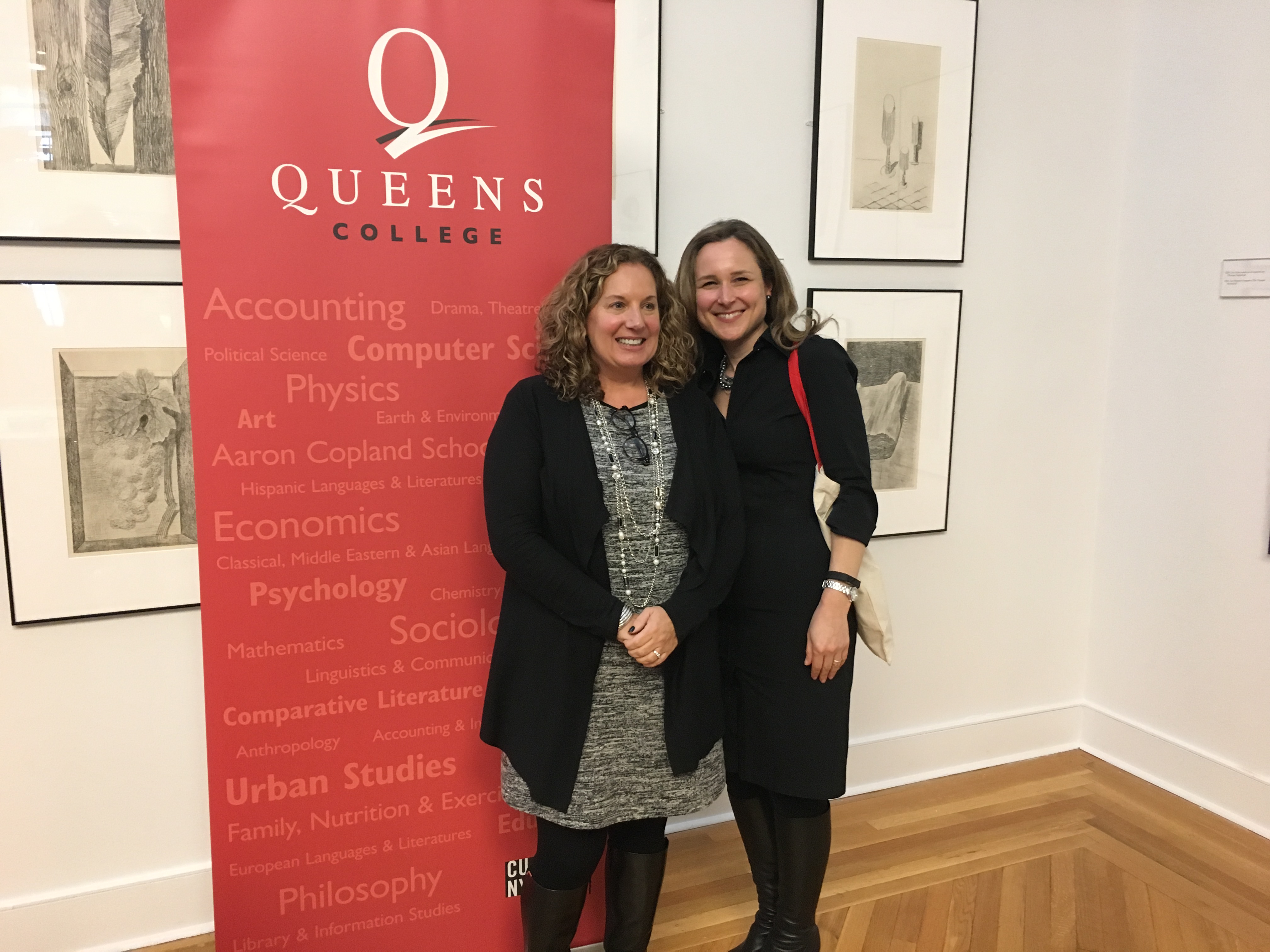On Wednesday, Feb 15 Lindsey Pollak, career expert and global spokesperson for LinkedIn and the author of “Getting from College to Career” and “Becoming the Boss: New Rules for the Next Generation of Leaders,” spoke to a group of students and staff at Queens College.
The event, titled “How to Stand Out from The Crowd: Leveraging Social Media in Your Job Search,” aimed to teach students the importance of utilizing social media to their benefit when entering the workforce – as well as being aware of its consequences.
Pollak began by explaining the importance of building a professional image.
“Most of the decisions made about your career are going to be made when you are not in the room. You may not be there with your pitch or resume, so everything else you do contributes to the representation that you have,” Pollak said.
Pollak explained a person cannot get appropriate advice unless they have a specific goal. She emphasized the importance of asking specific questions during an interview and selecting appropriate interview attire.
“It all adds up to reputation,” Pollak said.
She explained what itmeans to have a professional image and the importance of being authentic.
“It’s your personal brand, how people will describe you…don’t leave it to chance. If you think about how you want to be perceived, you will help people see you,” Pollak said. “Students should always do their best to seek out opportunities which make them different; simple actions such as sending a follow up email after an interview can make a world of difference.”
“If you fake who you really are to get a job, you won’t be happy,” she continued.“Be the best professional version of you,” she continued.
Pollak also stressed the importance of cleaning up any online content that would tarnish their brand.
“People may check you out. Google yourself and find out what’s there,” Pollak said, reminding students that companies may or may not check online accounts. “You have to assume if you’re putting it on the World Wide Web that someone might see it, think of the consequences when posting—you do not want to lose your dream job because of a tweet.”
Pollak also explained how to build a strong LinkedIn profile.
“The most important piece is the title of your LinkedIn profile,” Pollak said, suggesting students utilize it to the best of their abilities, staying formal, and writing something that will sell.
She reminded students that a LinkedIn profile is not a resume, but rather a student’s “marketing piece,” therefore they should aim to be concise.
Diane Shults, Academic Internship Director at QC helped arrange the event. She met Pollak at a conference and ended up next to her on an flight the same day.
“We started talking and I asked her to come to QC to do a presentation for the students. Social media is a big tool, so I think it was impor- tant for students to hear from someone like Lindsey, and know that they must be careful as to what they put out there,” Shults said.
Both she and Ms. Pollak agreed that social media, when used correctly, can be beneficial to students, providing them a chance to network and access to an abundance of information.
“You can’t always stand out by what you’ve done as a student—but I guarantee you can stand out when you do more research and know companies, products, and people. Go as deeply as you can to make an impression, and always show gratitude for anyone who helps you. You will be rewarded—small choices make big impressions,” Pollak said.














